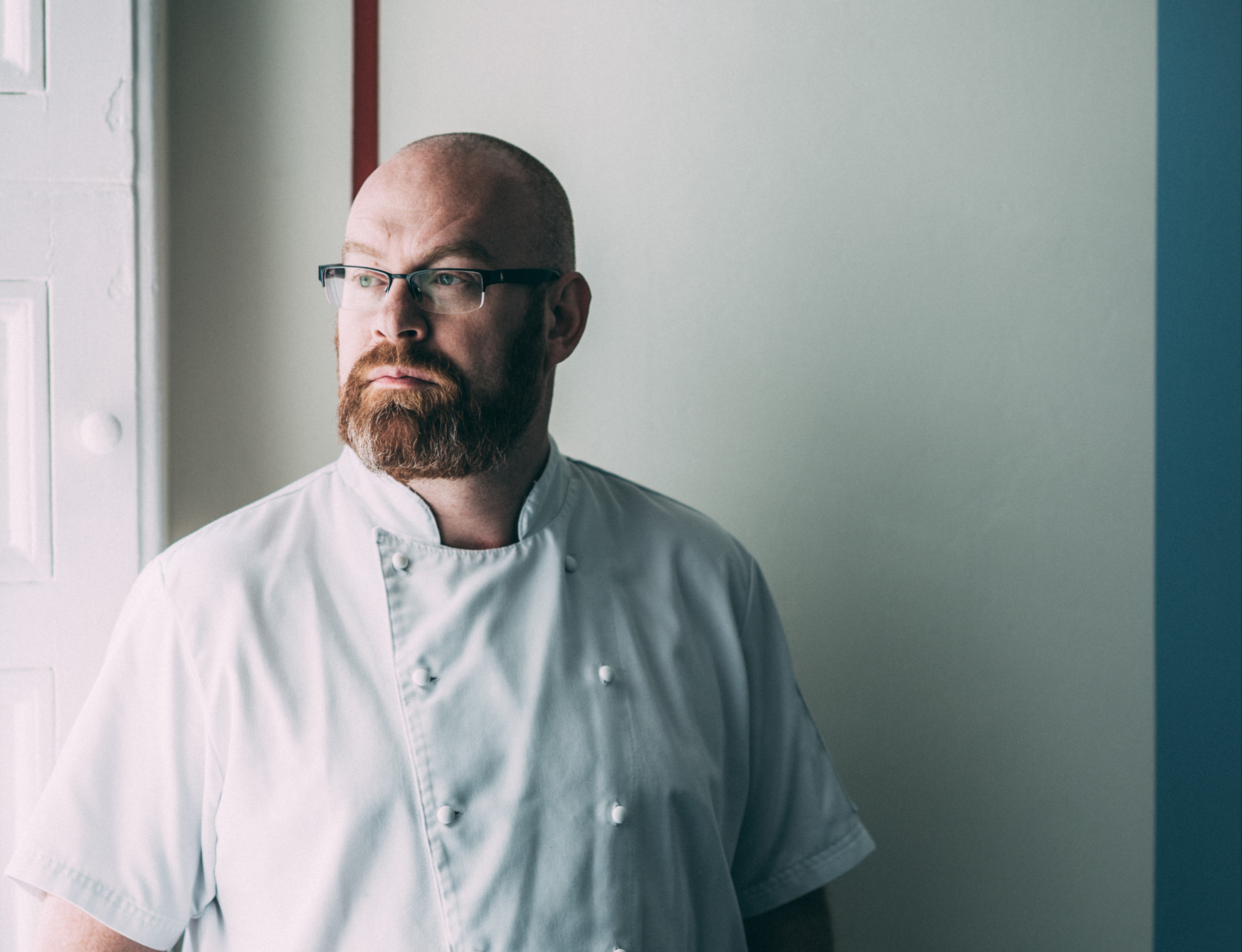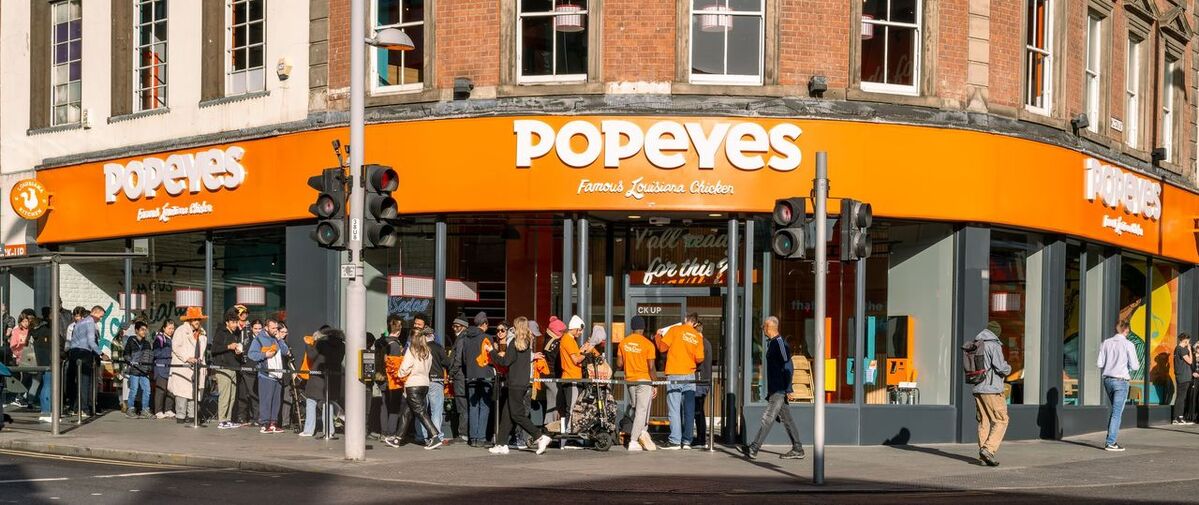Thousands of hospitality businesses still struggling to secure insurance payouts
Thousands of hospitality businesses are still struggling to secure insurance payouts for Covid-19 disruption, three weeks after a major Supreme Court ruling on the issue.
Several operators are considering further legal action against insurers amid growing anger and frustration in the industry. Several restaurant, pub and hotel owners told The Caterer they are in discussions with lawyers on taking the issue through the courts, while others are contacting the free Financial Ombudsman Service, which can settle complaints between consumers and insurers.
This is despite last month’s Supreme Court ruling that found certain types of insurance policy should pay out for coronavirus disruption. It concluded a test case brought by the Financial Conduct Authority (FCA) last year seeking to clarify policies it felt were unclear.
But this only affected 370,000 policyholders, which is estimated to be less than 10% of impacted businesses in the UK, leaving thousands of others still unable to make a successful claim.
Growing anger
Chef Aktar Islam (pictured above), who runs the Michelin-starred Opheem restaurant and Pulperia steakhouse in Birmingham, is among those looking at further legal action.
He said the failure of insurers to provide cover amounted to “extortion”. Islam has had pandemic cover in place since 2018, but told The Caterer his restaurants were only insured if they were the “epicentre of the pandemic”.
“We are required by law to have insurance and we have paid premiums for years, only to be told we’re not covered,” said Islam.
“If you come into my restaurant and paid for a tasting menu and I served you eight empty plates, you’d ask for a refund. If insurers are not going to pay out they should refund premiums. This is a moral issue; they’ve taken my money under false pretences.”
The FCA did not challenge policies which require hospitality owners to prove coronavirus was present in their site, despite mass public testing not being available last March.
The Tommy Flowers Community Pub in Poplar, London, was also unable to claim for £3,000 of spoiled beer because it had to prove there was a Covid-19 case on the premises.

Simon Hulstone, chef-owner at the Michelin-starred Elephant restaurant in Torquay, Devon, saw his premiums rise this year, but his business was not covered due to the wording of his policy.
He said: “I’m not sure if anyone will get a payout. The insurance companies should really compensate restaurants with at least something to cover the losses.”
Sam Gregory, who runs the Bank Tavern pub in Bristol, was told by his insurer last spring that his business interruption cover was not “designed for” coronavirus.
He has already had to let staff go due to a lack of income and fears the pub, which won The Observer Food Monthly Award for Best Sunday Dinner in 2019, will have to close permanently without a payout.
“It takes its toll on you. I’ve never really suffered from anxiety; this isn’t our fault. I haven’t run my business badly or manhandled the finances,” he said.
Gregory is in contact with Taylor Rose Solicitors to fight his case and said arguing the fine print of policies is “unworkable” for anyone without a legal background.
Warnings of delayed payments
Meanwhile, even businesses whose insurance company was included in the Supreme Court ruling are struggling to get paid.
Peter Lloyd, chef-owner at Sticky Mango restaurant in London’s South Bank, had his claim refused despite his insurer being represented in the test case.
“I’m absolutely disgusted with my insurance company who, throughout this pandemic, has strung us along with a lack of communication, support and time-delaying tactics,” he said.
Hospitality insurance specialist Steven Swift of Sector Associates, who works with trade bodies including UKHospitality, said insurers should move quickly to pay where the court had ruled businesses were covered.
“They’ve dragged it to appeal and lost so now need to pay out, because otherwise there will be some businesses that won’t come through this.”
He warned that it could be difficult for operators whose policies were not part of the test case to mount their own legal challenge.
“The FCA and its barristers will have looked at these wordings and said they aren’t winnable. It would be a brave and expensive move for someone else to take it on.
“I understand the sentiment but I am being pragmatic. If someone takes insurance companies to court and wins on a technicality, that would be great for the hospitality industry, but I question how long it would take and how much it will cost.”
Next steps
Swift said one outcome of the pandemic could be a simplification of insurance policies in the future. He added: “It’s difficult for customers because they’ve paid the premiums and the one time they’ve come to rely on insurers they’ve let them down. I think there’s a trust issue and, as an industry, there will be question marks over credibility, but there will be other disasters in the future where insurers will come through.”
Islam said he didn’t understand why the government had not put greater pressure on the insurance sector to make payments.
“One explanation given to me is that if everyone claims at once the insurance industry will collapse, but that’s not my problem. They’ve been taking our premiums for years. It’s terrible if the government has to bail out the insurance sector because that’s more taxpayers’ money being used.
“I don’t understand why the government has been so quiet. I shouldn’t have to take an insurance company to court, but you still have to fight your own battles.”
The FCA said in a statement that while its test case did not cover all possible policies, it was designed to provide ‘clarity’ for insurers on most business interruption cases.
The watchdog has published a policy-checker tool for businesses on its website and draft guidance on proving the presence of coronavirus within a certain radius, which will be finalised this month.
It said those unhappy with their insurer’s response can raise a complaint by pursuing issues through negotiated settlement, arbitration, court proceedings as a private party, or contacting the ombudsman.




















